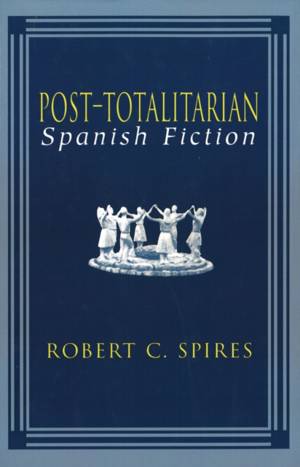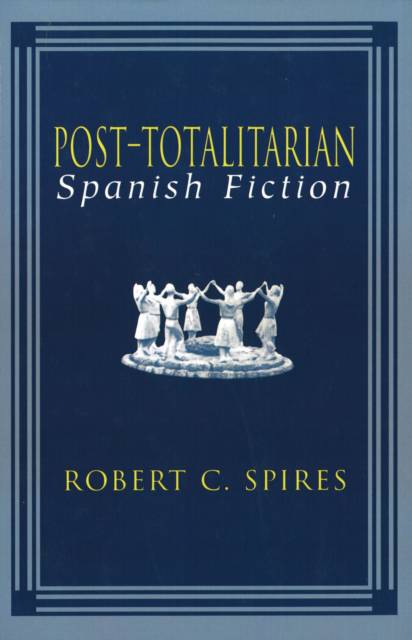
- Retrait gratuit dans votre magasin Club
- 7.000.000 titres dans notre catalogue
- Payer en toute sécurité
- Toujours un magasin près de chez vous
- Retrait gratuit dans votre magasin Club
- 7.000.0000 titres dans notre catalogue
- Payer en toute sécurité
- Toujours un magasin près de chez vous
Description
This text focuses on post-Franco Spanish fiction from 1975 to 1989. It applies the concepts of episteme and discursive field to the ways in which language from multiple sources determines how reality is defined at a given moment, and how it influences ideas, attitudes and feelings.
Spécifications
Parties prenantes
- Auteur(s) :
- Editeur:
Contenu
- Nombre de pages :
- 280
Caractéristiques
- EAN:
- 9780826210715
- Date de parution :
- 01-08-96
- Format:
- Livre relié

Les avis
Nous publions uniquement les avis qui respectent les conditions requises. Consultez nos conditions pour les avis.






